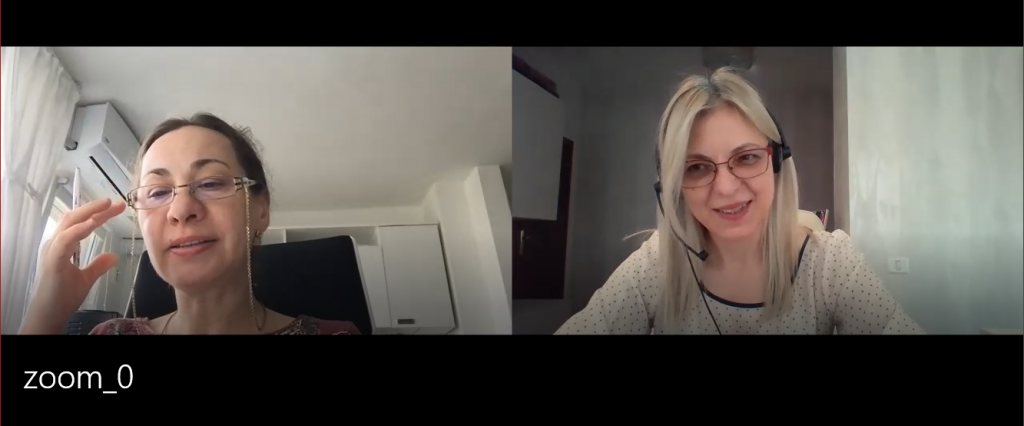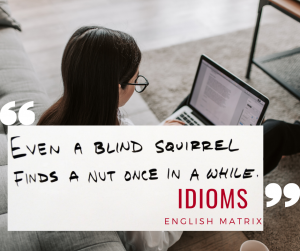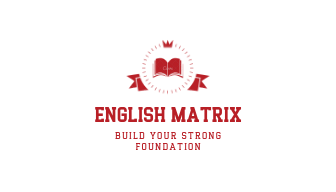International students are welcome!

Choose your study options below
Video lessons by Zoom with a real teacher
Study online with our Free or Paid courses
Grammar
If you want to speak excellent English, you need to study grammar, at least at the beginning. It will help your accuracy. This is one approach to studying English. I can give you other study recipes, too.
Vocabulary
Vocabulary is essential in your language achievements. Learning vocabulary will help you to go beyond simple language and become able to take your challenges to a totally new level.
Listening
Listening is a skill you can achieve over time. Did you know that you can study tactics to sharpen your listening? You need to follow the steps I will show you and you will get results before you know.
Speaking
There is a close relationship between Listening and Speaking. Speaking is a very complex skill. It requires some effort and good grammar and vocabulary knowledge. But I have a surprise for you.
Book a Live Lesson
Then, you are ready to study live.
Let's get started!
Want More Info?
Leave Your Message Below
The Present Simple Tense – Use
1: We use the present simple when something is generally or always true. People need food. It snows in winter here. Two and two make four. 2: Similarly, we need
‘S GENITIVE / POSSESSIVE IN ENGLISH
The Saxon Genitive is one of the main forms we use to express possession in English. It’s something that many people have heard of but perhaps find it a little

Idioms
These common idioms are for speaking rather than writing. Common Idioms List SET 1 Common Idioms Definitions It cost me an arm and a leg to take my trip to

Prepositions of Location
Prepositions of Location above — at a higher level (see “over”) “The plane flew above the clouds.” below — at a lower level (see “under”) “The divers went 100 feet below

Comparatives and Superlatives – Intermediary
Choosing between comparatives and superlatives – Intermediate Level Comparing two people, places, things, etc. My car is a bit older than yours. London is more expensive than Edinburgh. This test

(a) little and (a) few
(a) little and (a) few 1 uncountable and plural We use the determiner (a) little with singular (usually uncountable) words, and we use (a) few with plurals. Compare: I have little interest in politics. Few politicians

